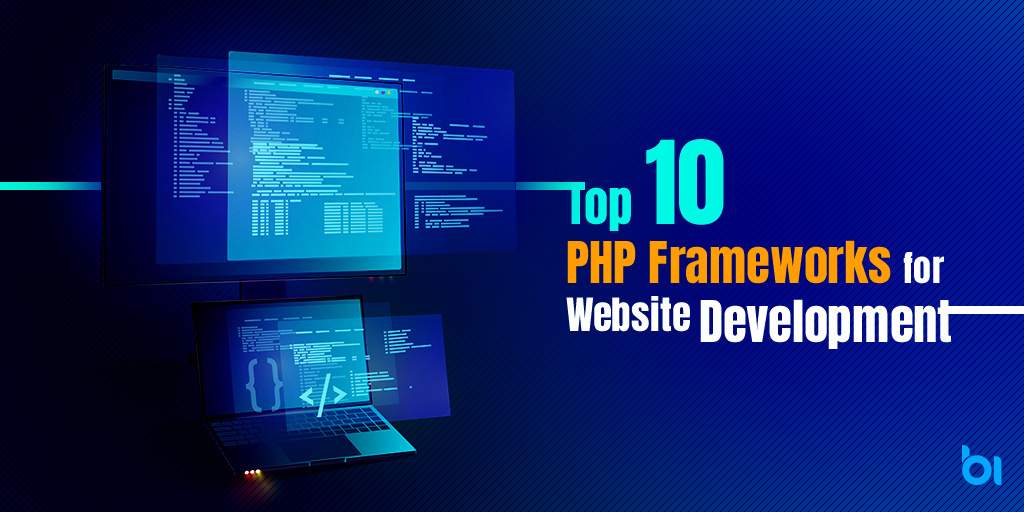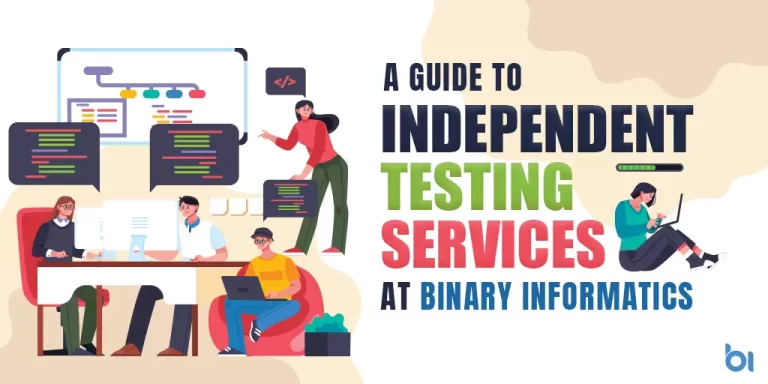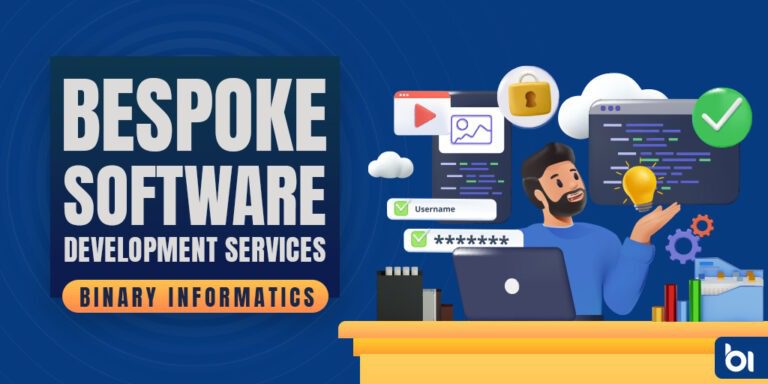Rapidly designing an effective, high-quality application and website is always a difficult task for web developers. The complexity increases when the website requires iterative and repetitive work. Here, PHP Frameworks support web solutions and accelerate the speed of web developers.
Table of Contents
ToggleWhy use a PHP framework?
A PHP framework gives an essential structure to streamline the development of web applications. We use them since they accelerate the development procedure.
Most importantly, the responsiveness of sites and applications built utilizing PHP Frameworks assists organizations with satisfying their performance needs. In this way, PHP Frameworks will keep picking up consideration and prominence in 2020.
The Top 10 PHP Frameworks for website development in 2020
Here’s a list of the best PHP Frameworks, based on popularity and ability to facilitate application or website development.
1. Laravel

No other PHP framework is as popular as Laravel. The most popular PHP framework has been created. Laravel is a new framework that was recently introduced but has attracted a large number of developers.
Laravel is adapted for small and large web applications because it fixes minor bugs and bugs. It has a broader community and effectively deals with many databases. Laravel is especially easy to use and learn.
2. Symfony

Symfony is known for its modularity, which uses modular blocks called packages. It was introduced in 2005 and is considered an intelligent and consistent framework. Symfony packages are similar to other software modules. As PHP is well known, it allows the reuse of parts of the code, like a symphony.
These reusable entities are used to build the base of websites and PHP applications. Symfony has a larger community and has an interactive platform and support. To create large and complex projects, web developers choose Symfony. In addition, the documentation is large enough to provide long-term support (LTS) versions.
3. Zend

Following the popularity of Symfony, another PHP framework was launched in 2006. Zend has gained much appreciation and is recognized as a trusted PHP framework. It cannot be taken for granted during use and is therefore used to create high-performance applications. Zend supports several customizable features and contains the great documentation it contains. You should deepen your documentation.
4.Yii

The Yii framework is best for repetitive and iterative tasks in projects. It is an open-source PHP framework, component-based and object-oriented for web applications. We can take it as “yes, it is”, but its Chinese meaning is “simple and evolutionary”.
Yii is preferred because it adds speed to development. The Yii code is logical and uses abstractions for repetitions. It works on the concept “DRY – do not repeat yourself”. This is beneficial and reduces tasks when making a single item change. You do not have to edit articles that are not logically linked. To create portals and web forums, Yii is used more often.
5. Phalcon

Phalcon is a C-extension of PHP with high performance. The PHP-provided classes and extensions can be used in any application. The main feature that Phalcon offers them is that they have to interpret the code instead of being compiled for that particular platform.
It requires fewer resources and therefore provides more development speed. Phalcon is better for MVC-based applications because it has a low-level architecture.
To write queries in a standardized language similar to SQL, the Phalcon Query Language (PHQL) is very well suited for secure and powerful functions. A template engine for PHP Phalcon is Volt, which is built-in C.
6. CodeIgniter

Known for its small footprint (it’s just around 2 MB in size, including the documentation) CodeIgniter is a PHP Framework reasonable for creating dynamic websites. It offers various prebuilt modules that help with developing vigorous and reusable components.
7. CakePHP

In case you’re searching for a toolbox that is basic and rich, look no further. CakePHP will assist you with growing outwardly amazing, highlight feature-loaded websites.
Also, CakePHP is the easiest framework to learn, particularly in view of its CRUD (Create, read, update, and delete) framework. CakePHP hit the market in the mid-2000s, and from that point forward it’s increased better exhibition and numerous new components.
8. FuelPHP

FuelPHP is an adaptable, full-stack PHP Framework originally released in 2011. Aside from supporting the MVC configuration pattern, it has its own version called the hierarchical model view controller (HMVC).
With HMVC, not at all like with MVC, content doesn’t have to duplicate to appear on numerous pages. Therefore, it expends less time and memory.
9. PHPixie

Introduced in 2012 and just like FuelPHP, PHPixie implements the HMVC design pattern. Its goal was to create a high-performance framework for read-only websites.
10. Slim

Slim is another popular PHP micro-framework that helps developers quickly create simple but powerful web applications and APIs.
Conclusion
PHP Frameworks have reduced the complexity of web development. Simple coding replaces repetition with abstractions and reduces redundancy. Although all PHP Frameworks are used by PHP web developers, Laravel is more accepted by them. Depending on the modularity, other PHP frameworks like Symfony, Yii, Phalcon, Zend are used.
If you too are looking forward to web development service for your online business, then, Binary Informatics is the complete web solution. Come to us and speak up your web requirements.




